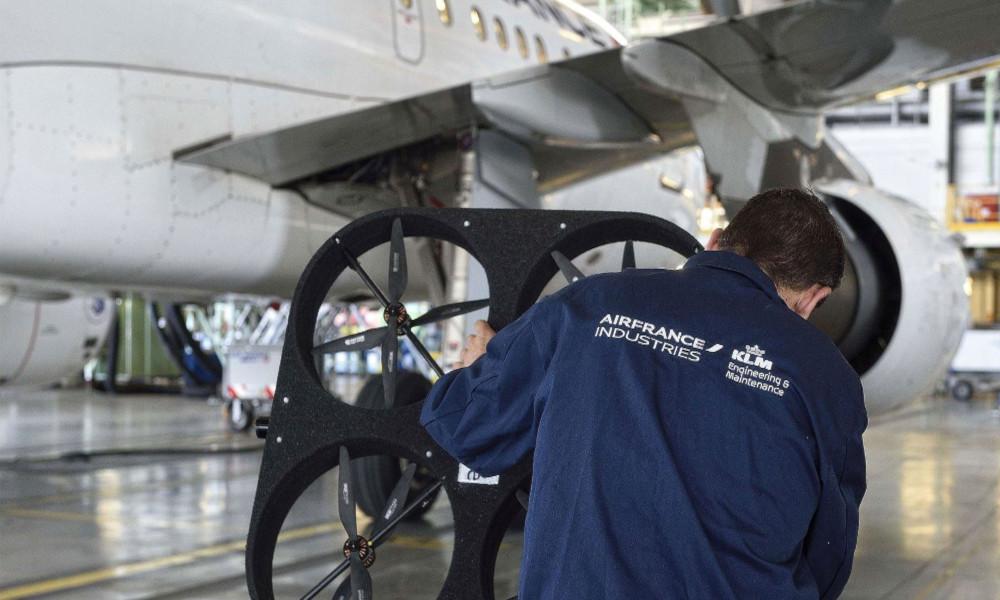
Two of Europe’s biggest MRO providers have recently reported encouraging results that demonstrate sustained recovery through 2022.
Both Lufthansa Technik and AFI KLM E&M are maintenance arms of larger airline groups, although they differ in size and business model.
In the first nine months of the year the German MRO provider posted sales of €4 billion ($4 billion), while its Franco-Dutch rival had revenues of €2.6 billion, of which 62% came from the Air France KLM group.
Lufthansa Technik relies much more on third-party business, with external customers accounting for 73% of its sales in the quarter to Sept. 30.
Accordingly, increased flying and an increase in available seat kilometers (ASK) at their parent companies has different impacts on each MRO business, and this also appears to be true at a deeper level than the overall sales mix.
Lufthansa Group’s passenger airlines roughly doubled their capacity for the first nine months of 2022 as compared with the prior-year period, whereas the Air France-KLM Group had 54% more ASK.
For AFI KLM E&M, this translated into 27% higher internal maintenance sales for the period, whereas Lufthansa Group’s 105% higher capacity translated into 85% higher internal maintenance sales.
So, for every percentage point of group capacity growth, AFI KLM E&M received half a point of sales growth, whereas Lufthansa Technik recorded a bigger sales jump of 0.8 points.
Of course, it is unwise to draw any firm conclusions from these differences without drilling down into the actual MRO work that was performed; it may just be that Lufthansa Group airlines had more expensive checks falling due in the period than the Air France-KLM stable.





